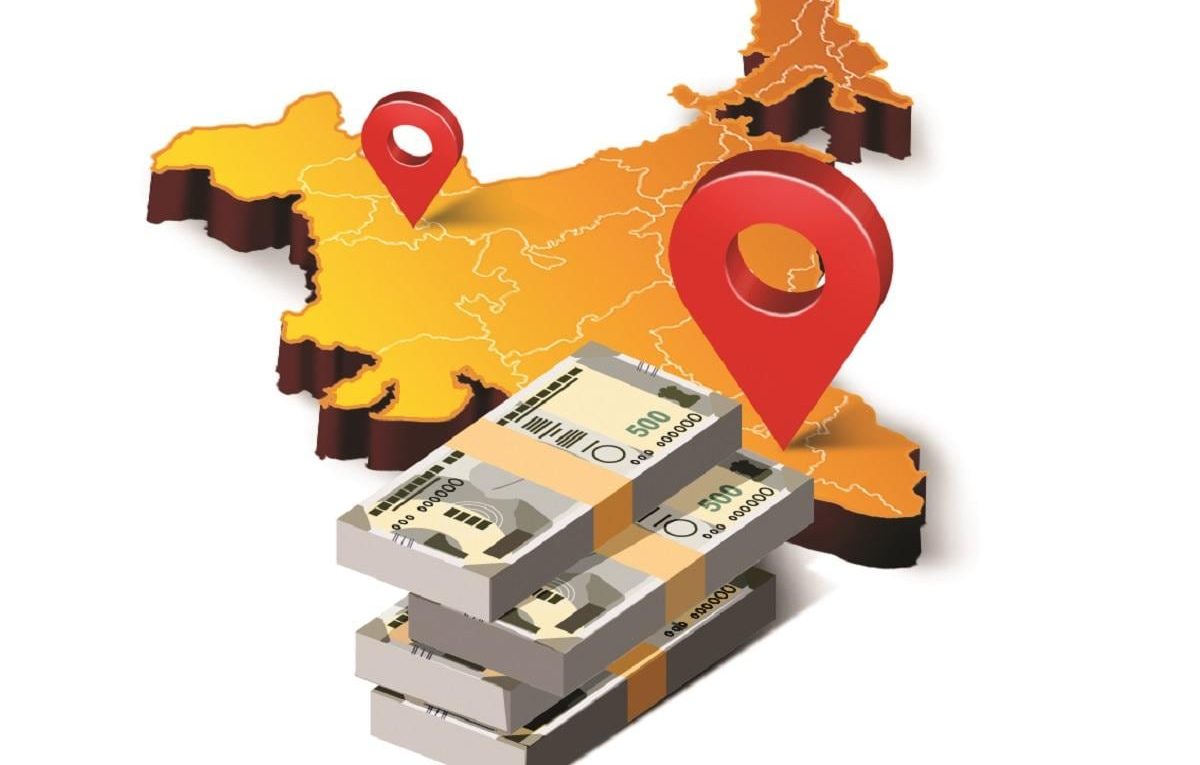India’s tax regime complex, throws up ‘unexpected surprises’: Micron Technology
Micron Technology, a US-based semiconductor manufacturer, has expressed concerns about India’s tax structure, claiming it raises “unexpected surprises,” Financial Express reports.
The company urged the government to reconsider taxes on the electronics sector, noting that recent changes to the tax system have created a “cloud of uncertainty” regarding the cost of doing business.
The statement by Gurcharan Singh, Senior Vice President, Global Assembly and Testing, Micron Semiconductor Asia Operations, is significant because the company is a frontrunner to participate in the local government’s $10 billion semiconductor manufacturing plan.
He said this last week at the US India Initiative Dialogue on Critical and Emerging Technologies (iCET).
The iCET Dialogue, launched in January by India and the United States in Washington, covers a wide range of critical and emerging technology areas, including semiconductor supply chains, defence, aerospace, telecommunications, artificial intelligence, and quantum technologies.
Micron has proposed a $2 billion investment in the country to set up an External Semiconductor Assembly and Testing (OSAT) unit with four assembly lines. This is OSAT’s first investment proposal under the government’s $10 billion incentive program for domestic semiconductor manufacturing, which was announced in December 2021.
Micron’s complaint relates to a change in Section 65A of the Customs Tariff Act included in this year’s Finance Bill.
As part of the amendment, the government removed the exemption from Integrated Goods and Services Tax (IGST) on inputs imported by a duty-free bonded warehouse for export production.
Under a bonded warehouse or MOOWR (manufacturing and other operations in a bonded warehouse) scheme, manufacturers import components used for domestic production for export purposes. These components are stored in warehouses. These imports are exempt from import duties and other taxes. However, the government charged 18 percent IGST on these imports in this year’s financing bill. The IGST is imposed on interstate sales of goods and services.
According to analysts, this will have a negative impact not only on domestic semiconductor manufacturing but also on other production-related incentive schemes such as IT devices and smartphones. Components for these electronics or related manufacturing are imported and stored in warehouses.
The adjustment will increase the cost of doing business for local manufacturers and reduce their export potential. The companies involved will now be subject to an 18% IGST, with the possibility of refunds over several years.
The aim of the MOOWR scheme was to lower the cost of capital while maintaining the availability of working capital in order to promote local manufacturing. The scheme was revamped in 2019 to facilitate Make in India and developed along with other export promotion schemes such as Special Economic Zones, Export Oriented Units, Prior Authorization Schemes and Export Promotion Capital Goods Schemes.
According to industry executives, while these schemes still enjoy the IGST exemption, they have been removed in the MOOWR scheme.
They also stated that the certainty of tax breaks has prompted many companies in the electronics manufacturing sector to move their operations to the MOOWR scheme from the Special Economic Zone (SEZ), Export Oriented Units (EOU), and Export Promotion Capital Goods (EPCG) schemes.
Micron’s concerns about the tax system come as the government has reopened the window to invite new applications for proposals from global semiconductor companies. Unlike the first example, when the application window was only open for 45 days, this time it will be open until December 2024.
